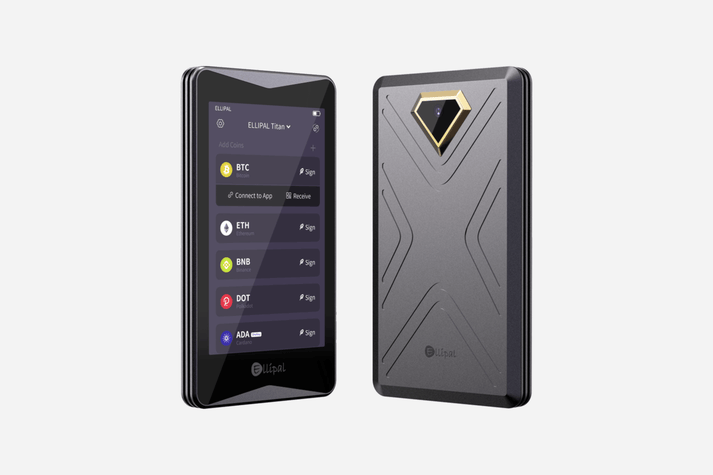The Essential Guide to Cold Wallets: What They Are and How They Secure Your Cryptocurrency
Cuerpo
In the world of cryptocurrency, security is paramount. As digital assets become more valuable, the need for robust protection methods has never been greater. This is where a cold wallet comes into play. But what exactly is a cold wallet, and how does it secure your cryptocurrency? In this guide, we will explore the intricacies of cold wallets and their importance in safeguarding your digital assets.

What is a Cold Wallet?
A cold wallet is a type of cryptocurrency wallet that is not connected to the internet. This offline status makes it significantly less vulnerable to hacking attempts and cyber threats. Unlike hot wallets, which are online and more convenient for frequent transactions, cold wallets prioritize security over accessibility. They are ideal for storing large amounts of cryptocurrency that you do not intend to use regularly.
Types of Cold Wallets
There are several types of cold wallets, each offering unique features:
- Hardware Wallets: These are physical devices that store your private keys offline. Examples include the Ledger Nano S and Trezor.
- Paper Wallets: This method involves printing your private keys and QR codes on paper, which can be stored securely.
- Air-Gapped Wallets: These wallets are completely isolated from any network, ensuring maximum security.
How Cold Wallets Secure Your Cryptocurrency
Understanding how a cold wallet secures your cryptocurrency is crucial. Here are some key security features:
- Offline Storage: By keeping your private keys offline, cold wallets eliminate the risk of online hacks.
- Encryption: Many cold wallets use advanced encryption methods to protect your data.
- Backup Options: Most cold wallets provide backup options, allowing you to recover your assets in case of loss or damage.
Choosing the Right Cold Wallet
When selecting a cold wallet, consider the following factors:
- Security Features: Look for wallets that offer robust security measures, such as two-factor authentication.
- User Experience: Ensure the wallet is user-friendly, especially if you are new to cryptocurrency.
- Compatibility: Check if the wallet supports the cryptocurrencies you intend to store.
For those seeking a reliable and secure option, the is an excellent choice. It combines advanced security features with ease of use, making it suitable for both beginners and experienced users.
Conclusion
In conclusion, a cold wallet is an essential tool for anyone serious about protecting their cryptocurrency investments. By understanding the different types of cold wallets and their security features, you can make informed decisions that will safeguard your digital assets. Remember, while convenience is important, security should always be your top priority in the world of cryptocurrency.










Comentarios